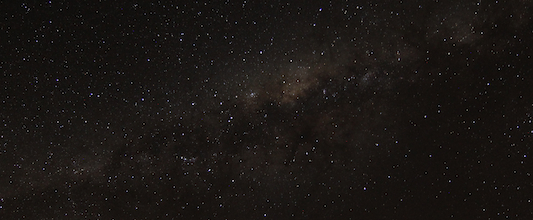Humbled by the Waves
Enjoyed an apartment-warming lunch with a few of my classmates today: Lise, Michelle and her husband (my tutor) Emile, and Adriaan and Huly from AIMSEC.
Then I went surfing—and got my ass handed to me on a salty platter. Beat up. Smacked by my board. Smacked by the waves. Tumbled to the point of confusion. Just when I thought I was figuring it out, I could not even stand up. Bigger, faster than anything I had been in before, and I was once more a beginner.
I came into the beach, watching the experts, contemplating my ineptitude when my surfing instructor William walked up. He has beach blonde hair, dark skin, and bright blue eyes that seem to glow of their own accord. He is a prankster who loves a good story, shared or received. “Mister Kai! How are you today?” His whimsical, Afrikaans accent mixed with a jovial attitude always makes me smile.
I responded, “I fear I have forgotten everything you have taught me.”
“Young man, just what seems to be the problem?” He loves to taunt me with ‘young man’ to which I respond with ‘sir’ and the cycle continues.
I explained where I was failing. On the beach, he drew diagrams in the sand and walked me through a few adjustments in my stance, position on the board, and means of getting out, through the waves.
He had a free hour so we got back in the water and I followed him out, to the back line. I was exhausted, my arms without feeling. I got tossed, smacked, and tumbled. I paddled for fifteen minutes, maybe more. It was the fact that he did not wait for me, but sat comfortably on his board, always 30 meters ahead of me, waving, that I kept going. Later, he admitted to this tactic, and laughed.
William said, “Mister Kai! It’s time to stop drinking the Appleteiser and drink beer with the boys! You made it to the backline for the first time. Congratulations!” He shook my hand, both of us sitting on our boards a good 200 meters off-shore. I thought I was going to lose my lunch.
After a few minutes rest, I caught a wave (just barely) and rode it half way in. One of the seasoned pros rode a dozen waves to my one, flipping 360 over and over again on the crest. I went back out again, just once more, and then I was done. I rode a wave to shore, resting on my belly. I never tire of the sensation of flying over the water, a light mist spraying my face. The power of the water can destroy you, or carry you with a sense of grace.

































